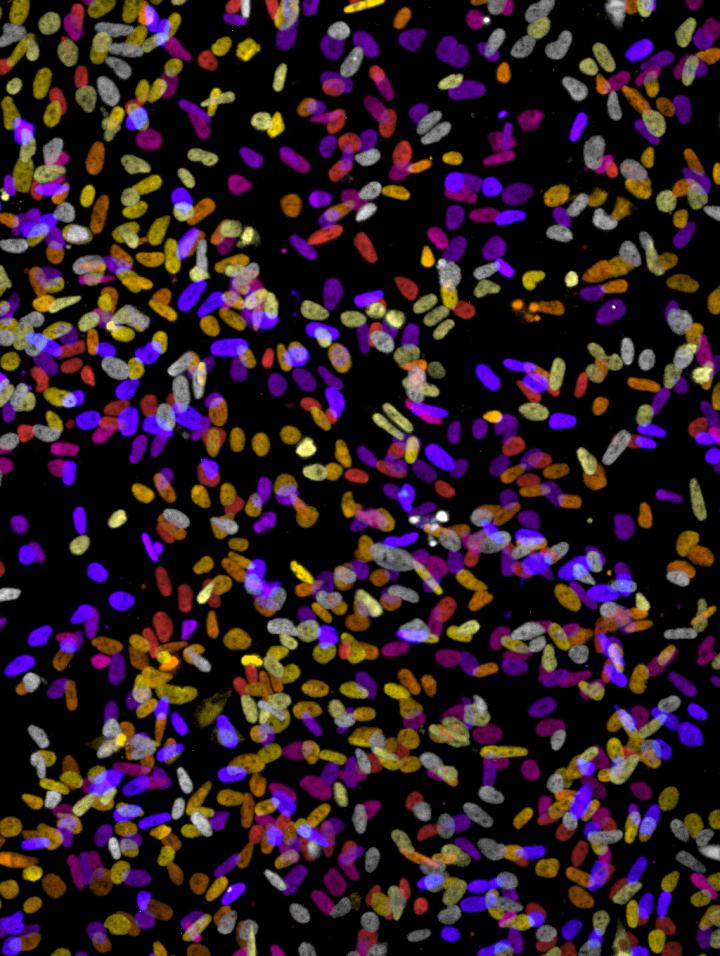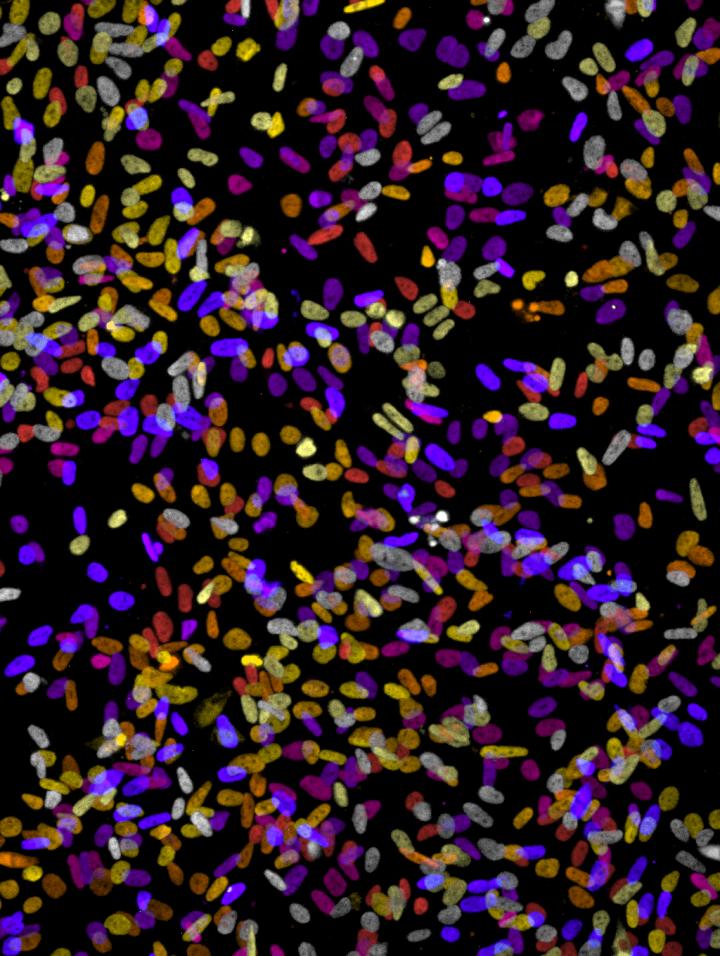
Credit: McMaster University
Hamilton, ON (June 22, 2017) — A team of researchers at McMaster University has identified a unique feature of cancer stem cells that can be exploited to kill the deadly cells thought to be the reason that cancer comes back after therapy. Understanding this feature will be useful for delivering more targeted cancer therapeutics to the right patients.
The study, published today in the scientific journal Cell Chemical Biology, reveals that an existing set of drugs is effective in killing cancer stem cells and explains how this led the team to uncovering important details about how these cells are working in human tumors.
"The drugs helped us to understand the biology," said Mick Bhatia, principal investigator of the study and scientific director of the McMaster Stem Cell and Cancer Research Institute. "We've worked backwards, employing a series of drugs used in the clinic to understand a new way that cancer stem cells can be killed."
The researchers found that a particular protein, called Sam68, is an important actor in cancer stem cells, and that this protein allows existing drugs to work on cancer cells, causing them to die.
Bhatia hopes that this information can be used to deliver targeted therapies to the patients who would benefit from them, while sparing others from unhelpful treatments. He believes that treatment of blood cancers like leukemia and other cancers such as prostate, colon and renal will follow the example set in breast cancer, where patients receive treatments tailored to their specific form of the disease.
"In the case of breast cancer, other researchers have found new ways to make existing drugs more effective by only giving them to people who were likely to benefit based on their specific traits and using drugs that target these traits," Bhatia said.
He said while developing a new drug takes an average of about 15 years and comes with a price tag in the hundreds of millions, defining the role of existing drugs to use them better in patients will help to accelerate the process of bringing the right drugs to the right people.
###
The study was supported by the Canadian Institutes of Health Research, the Canadian Cancer Society Research Institute, the Canada Research Chairs program, the Fonds de Recherche en Sante du Quebec, the Cancer Research Society.
Editors: Pictures of researchers of the McMaster Stem Cell and Cancer Research Institute and an illustration of human stem cells stained for the Sam68 protein are available here: https://fhs.mcmaster.ca/media/cell_chemical_biology
To book an interview, please contact:
Veronica McGuire
Media Relations Co-ordinator
Faculty of Health Sciences
McMaster University
T: (905) 525-9140, ext. 22169
[email protected]
Media Contact
Veronica McGuire
[email protected]
905-525-9140 x22169
@mcmasteru
############
Story Source: Materials provided by Scienmag





